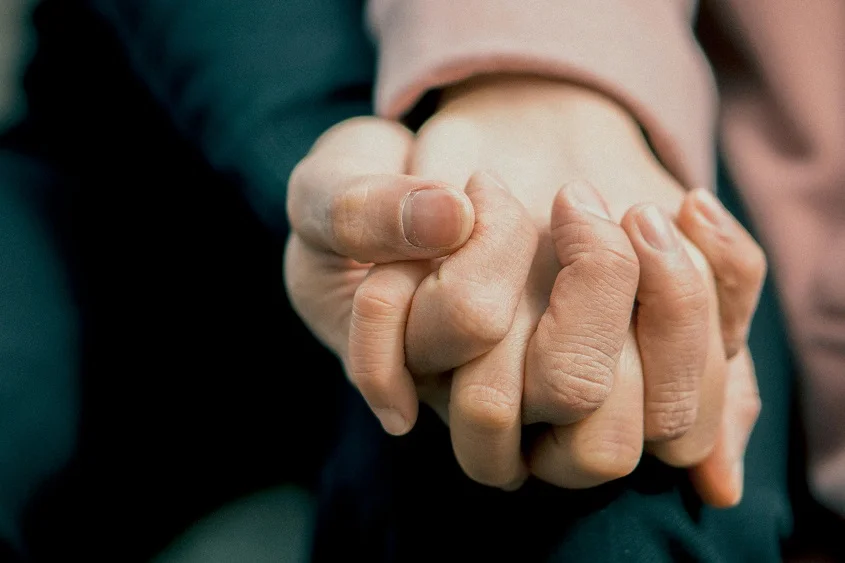What To Do When Your Mental Health Takes A Hit
- Updated on: Dec 18, 2024
- 3 min Read
- Published on Dec 18, 2024

We are all vulnerable to mental health issues. There are many possible causes of mental health disorders ranging from trauma and distressing life events to medical conditions. Studies show that over 20% of adults in the US experience mental illness every year. Understanding what to do when your mental health takes a hit is important for tackling symptoms effectively, preventing a deterioration in your mental well-being and finding a way forward. In this guide, we’ll outline some simple, effective strategies to help you get back on track.

Seek professional advice
We often treat mental well-being differently from physical health. Most of us would schedule an appointment with a doctor without thinking twice if we had an injury or noticed abnormal physical symptoms. It’s much less common for people to reach out if they experience poor mental health. Seeking professional advice and utilizing treatments, such as medication, therapy, and counseling, could make a major difference to your mental health in the short and long term. It’s important to know that help and advice are available and that there’s no shame in asking for guidance or support. Try to ensure you manage your mental health in the same way as your physical health.
Prioritize self-care
Our mental health often suffers when we’re too busy to take care of ourselves. This may be due to working long hours or commitments, such as looking after children or elderly relatives. If you neglect your mental health, it can nosedive. Try to prioritize self-care, especially when you’re dealing with trauma, you’re going through rough patches or you’re dealing with physical or mental pain. Look after yourself in the same way as you care for your loved ones. Eat well, exercise regularly and make time for rest, relaxation and recovery. Lean on friends and family and don’t put too much pressure on yourself. Try to be proactive in avoiding stressors and triggers and put your needs first. It’s not selfish to take care of yourself.
Use your support network
If you have friends and family members around you, use your support network. You don’t have to endure hard times alone or put on a brave face all the time. Seek advice and support, enjoy the company of people who make you happy and try to be open if you feel ready to talk and share how you feel. Accepting help from others isn’t always easy but it can make an amazing difference to how you feel and how you recover. If you don’t have a strong network around you, seek support from charities, local groups and online communities that understand and appreciate what you’re going through. Connecting with other people can boost mental well-being and help you see that you’re not on your own.

Many of us will experience times when our mental health deteriorates. It’s beneficial to know what to do if you go through trauma or develop symptoms of mental illness. Simple steps like seeking professional advice, prioritizing self-care and leaning on your network of friends and relatives can help you get the guidance, treatment and support you need.











